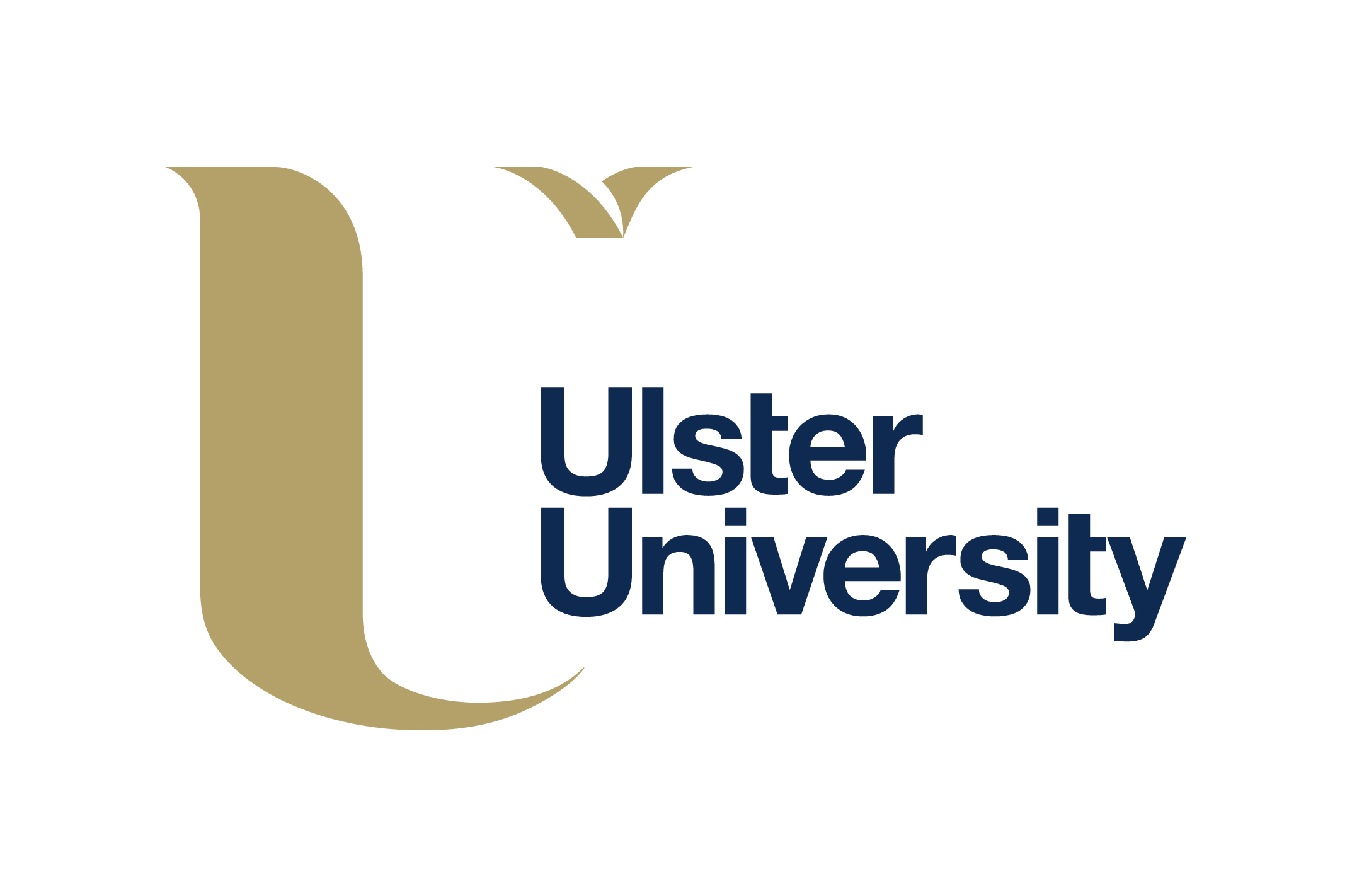Introduction
One underlying pulse of this hybrid curriculum that integrates theory and practical job experience is that Foundation Degrees provide students with a great choice regarding career preparation. Humanities programs substantially accent training students for specific sectors or professions, thus preparing them for future employment. On the contrary, regular degree programs aim to widen the student’s knowledge. They can get the necessary work experience through classroom instruction, job placement, and real-world projects, which help them to be the ones to be sought out of the pool of many workers present in the working environment. Click here
The Advantages of Getting a Foundation Degree
The fact that foundation courses merge academic study with practical skills positions students for a job that any company is looking for graduates of this course, which is why they are often hired. This class is for students wanting to pursue graduate studies in a particular topic. Therefore, they will be able to acquire the knowledge, competence, and skills to advance in their career. These Foundation Degree graduates will have access to such opportunities as the outcome (i.e., work placements and internships) will be considered part of their course.
Top Sectors for Graduates with Foundation Degrees
One of the most well-known roads, foundation degree programs, scholars suggest a lot of them afterward will help the medical sector carry out bright futures. Through the healthcare foundation program, the learner can pursue careers as a technician, social work assistant, and healthcare service assistant in facilities like hospitals, clinics, or assisted living units. For those individuals who are sympathetic to helping people, this ever-so-appealing industry offers not only good educational and career opportunities but also a broad range of advancement opportunities as well.
How to Pick the Best Program for a Foundation Degree
If the foundation program is what you are choosing, you have to fall in love with the area of study you would opt for. Your future profession would be based on your areas of interest, your chosen path, and some basic and essential practical abilities. Select a program offered by the institutions you can see that supports your purposes and provides various educational benefits. Evaluate the firm’s position that came up with the program regarding its popularity within the community that interests you. Be sure to reflect on other related information, such as the equipment available, the internships, and the class size. Click now

Prospective Careers and Career Pathways
Many practical jobs are open with foundation degrees for students seeking professional advancement. Alums of foundation degree programs can enter sectors besides their majors freely due to the applied approach and real-world experience. Such courses offer the opportunity to explore various career paths and prepare the participants for either higher education / immediate employment entry.
Success Stories: Actual Cases of People with Foundation Degrees
Most individuals discover that the first rung on the career ladder, a foundation degree, is a good step for future career choices. Among all the individuals mentioned, Rebecca is a person who uniquely starts her way by having a foundational degree in marketing. After six months of tireless hunting and personal development, she combined her efforts with intelligent, professional exposition to facilitate her chances of joining a notable marketing agency. The dismissal allowed her to be at the top of the corporate ladder and one of the senior marketing managers.
Conclusion
Foundation Degrees are great because they suit those wanting to upskill and get licensed in many fields. Through the combination of lectures and actual performances at the time of the program’s conclusion, the students may discover the connection between their education and their careers, increasing their employability. Individuals will undoubtedly evolve emotionally and professionally upon perceiving the numerous advantages of having a Foundation Degree. In the future, we should consider the importance of these certifications, considering that these health instructors will be at the forefront of the workforce.
FAQs
What is a foundation degree equivalent to?
A foundation degree is a vocational qualification equivalent to two-thirds of a bachelor’s degree, placing it at Level 5 on the UK’s Regulated Qualifications Framework (RQF). It’s similar to a Higher National Diploma (HND) and Diploma of Higher Education (DipHE). These qualifications offer a job-ready focus while providing a solid foundation for further studies.
What is the difference between a foundation degree and a bachelor?
- Length: A foundation degree takes two years full-time, while a bachelor’s degree is typically three years.
- Focus: Foundation degrees are more career-oriented, combining practical skills and academic knowledge. Bachelor’s degrees offer a broader academic grounding in a chosen field.
- Progression: You can use a foundation degree to jump into a job or “top-up” to a full bachelor’s degree later.
What is a foundation degree in the United Kingdom?
A foundation degree in the UK is a two-year higher education vocational course that broadens the paths for students between the vocational certificate and bachelor-level courses. It is the combination of a practical process that is job-specific and academic learning that makes you career-ready for the initial job and acts as a facilitator to pursue higher studies.
Can I do foundation after O levels?
Yes, you absolutely can! Foundation programs typically accept students with O Levels or equivalent qualifications. They provide a solid academic foundation and bridge the gap between O Levels and a bachelor’s degree.
How many years is a foundation degree?
A foundation degree typically takes two years of full-time study, although part-time options can extend the timeframe. These programs offer a focused blend of practical skills and academic knowledge to get you job-ready quickly.
For more Articles, Click here.




